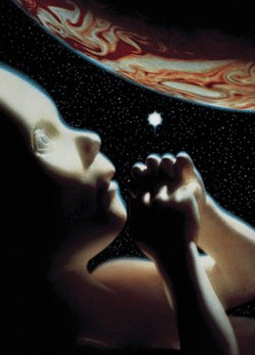Since Plutonium has now been unearthed in Turkey–no, not the element, but the gates of the underworld where the Priests of Cybele got drunk on gases erupting from below the water table–it seems only appropriate to trace the historic, mythic, and semantic roots of the notion of Hell out from its roots in antiquity straight through to our modern representations.
We can draw a direct line from Tartarus to the concept of punishment and the afterlife that arose during the Hellenistic period and filtered into the Near East, and what better representation of the dangerous threats from deep beneath the earth than a cave that kills animals and makes people drunk on the fumes? Such a place must have captivated the minds of the ancients by providing a corporeal connection to the mythic dancing of the deities.
The great irony is that the Hierapolis and the Plutonium was bulldozed by Christians in the 4th to 6th century CE, thus destroying a touchstone of their own cosmology.… Read the rest




